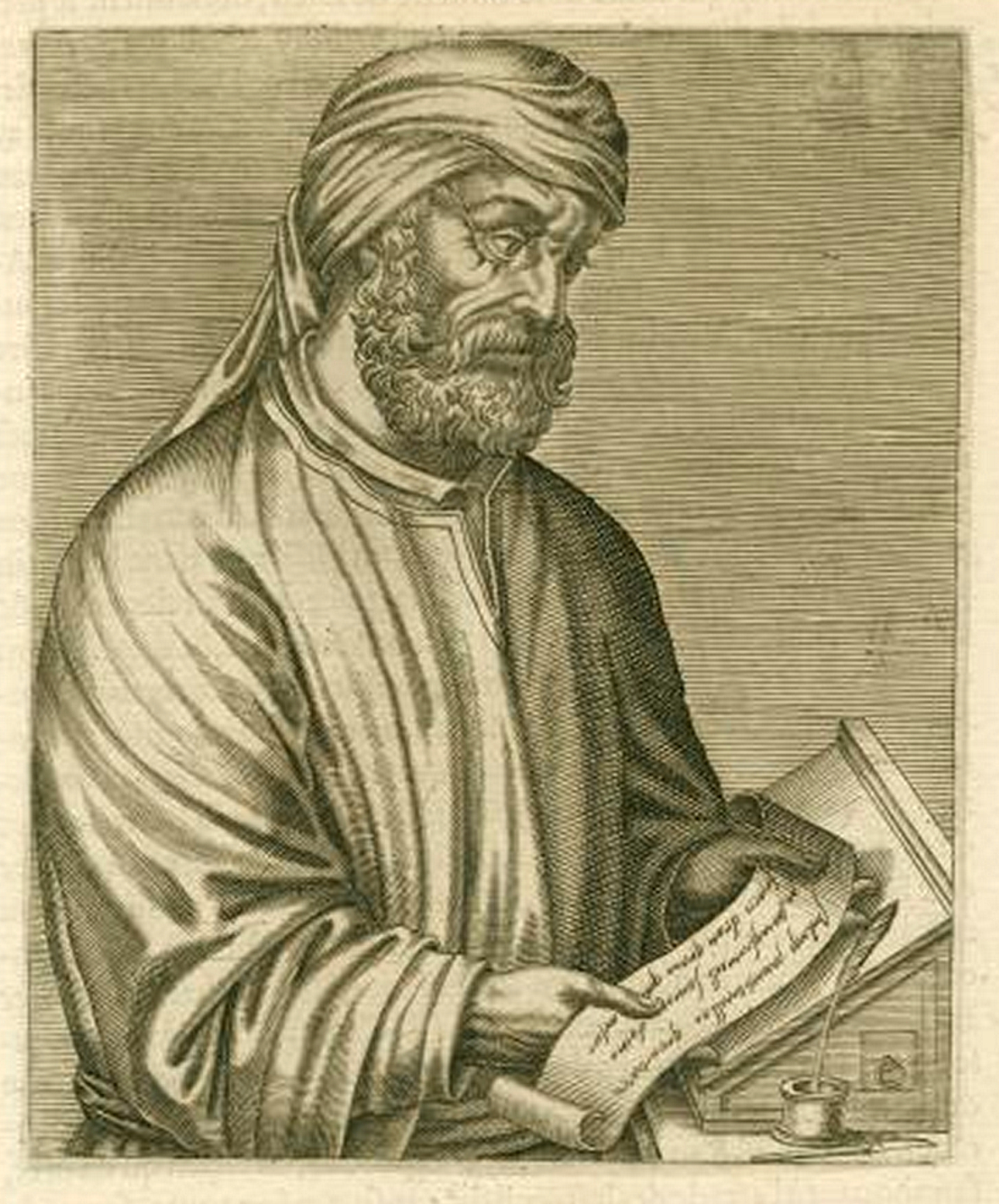“Ved, ellos exclaman, como se aman los unos a los otros.”
Vide, inquiunt, ut invicem se diligent.
Apologeticus pro Christianis, XXIII.
